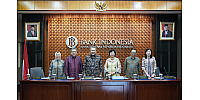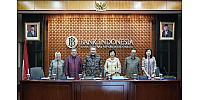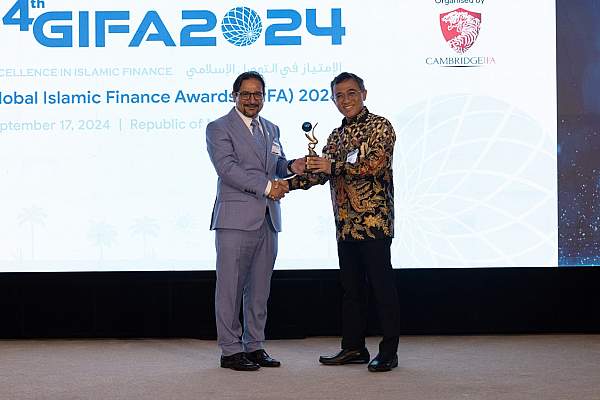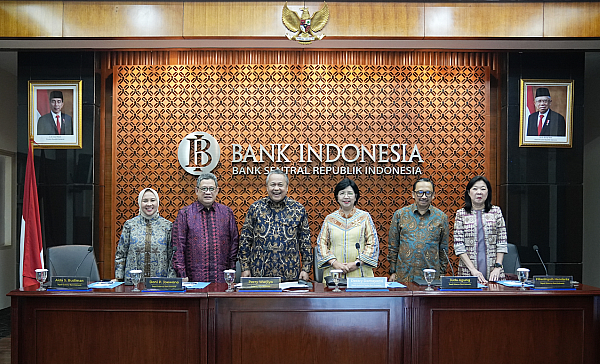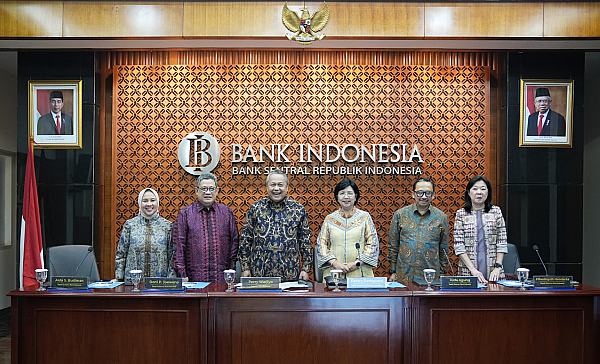The Middle Ages Still Pessimistic about Indonesias
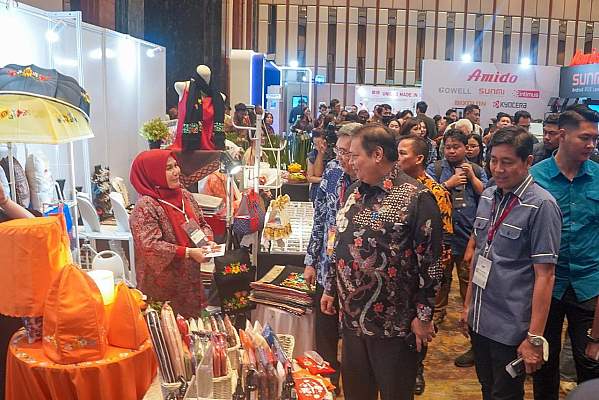
The Bank Indonesia (BI) Consumer Survey in August 2024 indicated an increase in consumer confidence in the economic conditions. This is reflected in the Consumer Confidence Index (CCI) of 124.4 in August 2024, compared to 123.4 in July 2024. An index above 100 signifies optimism.
The biggest increase in the CCI occurred among the higher-income group (respondents with expenditure >Rp5 million), rising from 123.2 to 133.2. This was followed by the lower-income group (expenditure Rp1-2 million), which increased from 112.1 to 118.2.
In contrast, the middle and upper-middle-income groups remained pessimistic and only slightly optimistic about the economic conditions. This is evident from the sharp decline in the CCI for the Rp3.1-4 million expenditure group, from 125.4 to 121.4, as well as the minor increases for the Rp4.1-5 million and Rp2.1-3 million expenditure groups, from 127.9 to 128.6, and from 119.6 to 120.9, respectively.
According to the BI Consumer Survey in August 2024, the increased consumer confidence was driven by strengthening beliefs in the current economic conditions (Current Economic Conditions Index or CEC) and expectations for future economic conditions (Consumer Expectations Index or CEI).
The CEC and CEI in August 2024 were recorded at 114.0 and 134.9, respectively, compared to 113.5 and 133.3 in July 2024. The increase in the CEC in August 2024 was primarily driven by the Current Income Index, which rose 1.5 points from 121.4 to 122.9.
Meanwhile, the Durable Goods Purchase Index remained stagnant at 111.5, and the Employment Availability Index slightly decreased from 107.7 to 107.6.
The optimism in current income was also reflected in the higher and lower-income groups. The Current Income Index for the >Rp5 million expenditure group rose sharply from 126.9 to 136.5, and for the Rp1-2 million expenditure group, from 107.8 to 114.7.
However, the Current Income Index declined for the Rp2.1-3 million (from 117.6 to 116.6), Rp3.1-4 million (from 121.4 to 119.8), and Rp4.1-5 million (from 127.9 to 127.2) expenditure groups.
Respondents' perceptions of job availability remained weak, although still in the optimistic zone (>100). The perception of high school graduates only slightly improved from 101.8 to 102.4, while it decreased sharply for respondents with academy (from 116.0 to 107.7) and bachelor's (from 119.9 to 117.0) degrees.
The perception of job availability increased for respondents with postgraduate education, from 122.4 to 123.7.
Consumer confidence in durable goods purchases increased significantly, particularly among the higher-income (>Rp5 million expenditure) and upper-middle-income (Rp4.1-5 million expenditure) groups, from 109.3 to 119.7 and from 112.4 to 116.4, respectively.
In contrast, the durable goods purchase index remained relatively stagnant for the Rp2.1-3 million expenditure group (110.9 from 110.7 in July 2024) and declined for the Rp3.1-4 million (from 112.1 to 107.1) and Rp1-2 million (from 104.5 to 104.3) expenditure groups.


